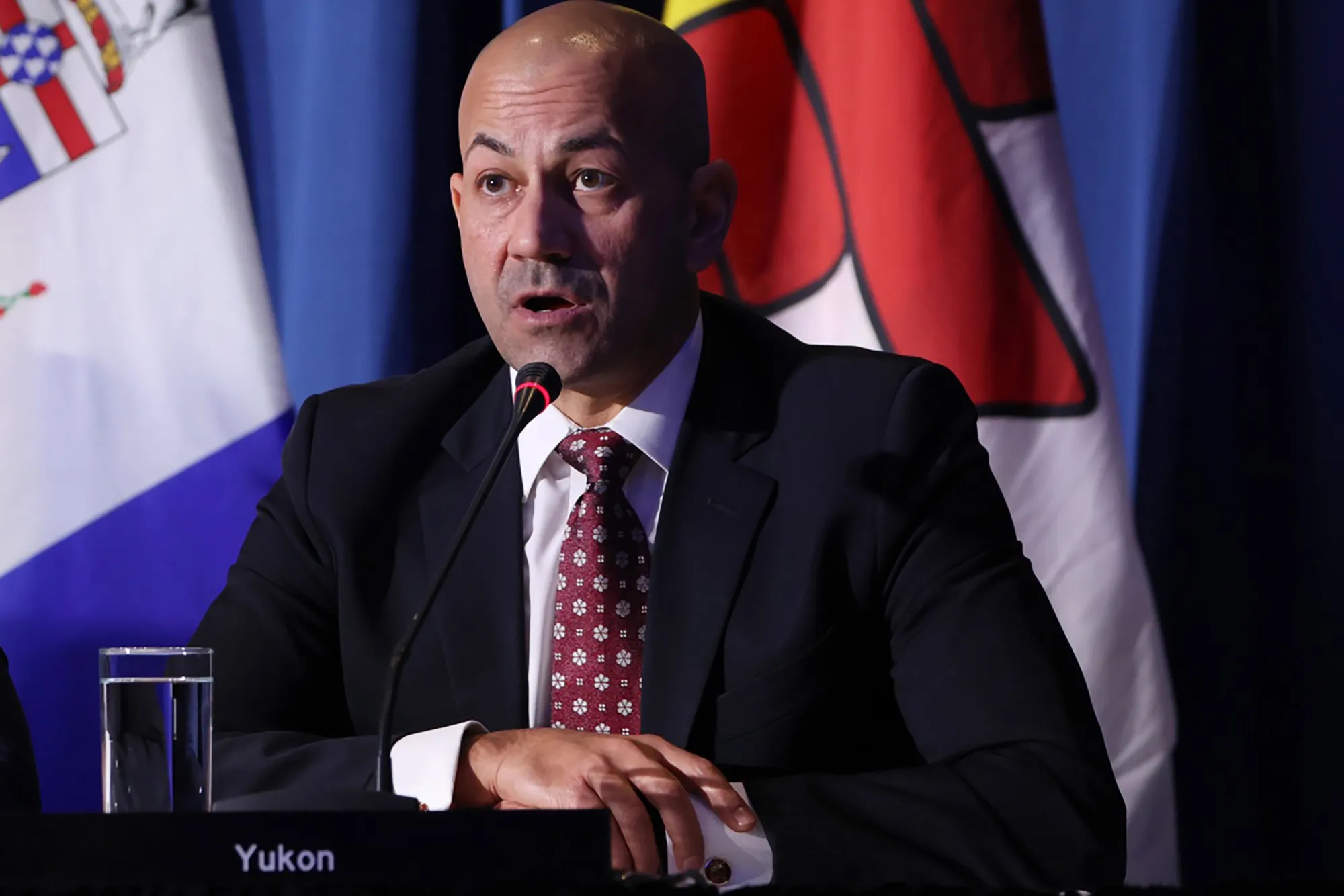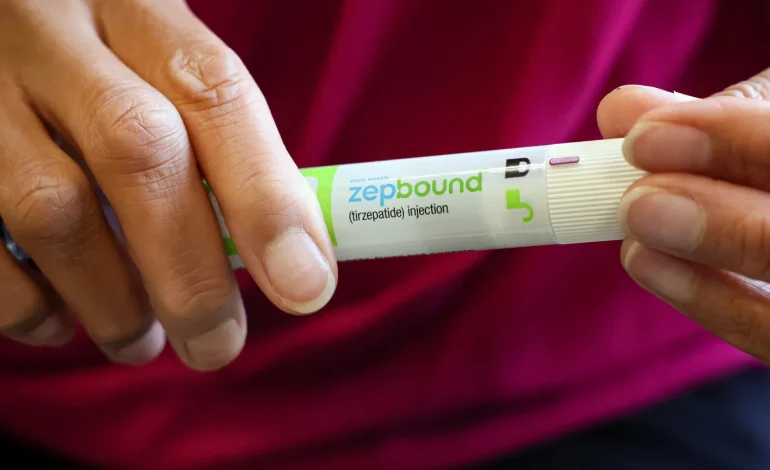- 503A pharmacies—which create drugs for individual prescriptions—have until February 18 to halt production of compounded tirzepatide.
- 503B outsourcing facilities, which produce in bulk, must cease by March 19.
Exceptions may still exist for compounded versions tailored to specific patient needs, such as allergies to ingredients in the branded drug or the requirement for specialized dosages.
The end of compounded tirzepatide availability is expected to leave many patients facing difficult choices. For those like Willow Baillies, a 29-year-old human resources specialist from Milwaukee, compounded tirzepatide offered a lifeline. Baillies, whose insurance does not cover the $1,000 monthly cost of Zepbound, relied on a compounded version at $350 per month to manage chronic autoimmune conditions and achieve significant weight loss.
Others, such as Amanda Bonello, 36, a prediabetic patient in Iowa, and Erin Hunt, 31, from Maryland, have also seen life-changing results from compounded tirzepatide. They fear they will need to switch to alternatives like compounded semaglutide or navigate the high costs of branded medications.
Despite the FDA’s declaration, questions remain about whether Eli Lilly can meet demand as compounded supplies dwindle and more patients transition to the branded version. Tirzepatide’s expanded approval for treating obstructive sleep apnea could further strain supply.
Patients who cannot afford branded tirzepatide may stockpile compounded versions, explore alternatives like semaglutide, or resort to risky “gray market” options. This underground market involves purchasing peptides from unregulated sources and mixing the drug at home—a practice experts warn is fraught with safety concerns.
The situation highlights systemic challenges in accessing GLP-1 drugs, a class of medications used for weight loss and diabetes. Insurance coverage for weight-loss treatments remains limited, and out-of-pocket costs for branded drugs remain prohibitive for many patients. Although programs like Eli Lilly’s savings card offer some relief, they often exclude patients without commercial insurance or with certain restrictions.
The legal battle over compounded tirzepatide is ongoing. A recent lawsuit by the Outsourcing Facilities Association has delayed the FDA’s enforcement actions, and further court decisions are expected in January.









